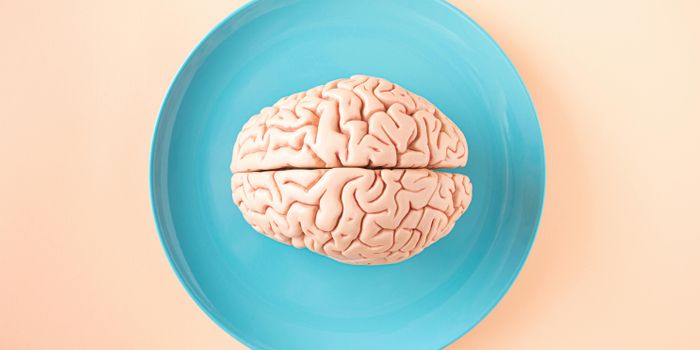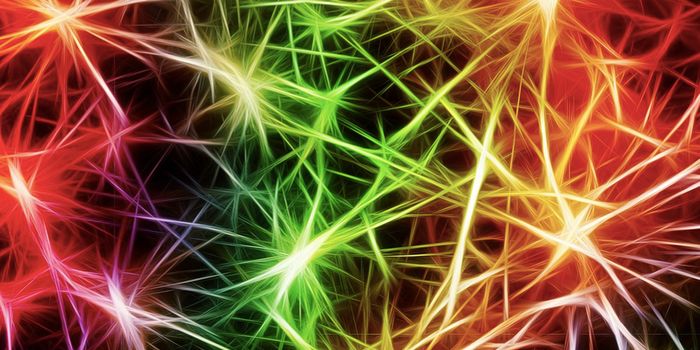'Aha' Moments Trigger Orgasmic Brain Signals
New research has shown that gaining a new insight, also known as an ‘aha’ moment, induces signaling patterns in the brain linked to high degrees of pleasure. Experienced during orgasm, these signaling patterns are also common when eating tasty food, quenching thirst and using addictive substances.
For the study, researchers from Drexel University recruited 44 participants including 25 men and 19 women. They then used high density electroencephalograms (EEGs) to track the brain activity of the participants as they solved anagram puzzles. In each puzzle, the participants were required to unscramble letters to reveal a hidden word. Each time they had an ‘aha’ moment in managing to unscramble a word, they pressed a button which signaled the EEG to take a snapshot of their brain activity.
The researchers then asked each participant to fill out a questionnaire to measure their ‘reward sensitivity’. Reward sensitivity, say the researchers, is a basic personality trait that can indicate the extent to which a person is motivated to ‘gain rewards rather than avoid losing them’.
In the end, the researchers found that those who scored highly on the questionnaire also tended to have powerful ‘aha’ moments as captured by the EEG. In particular, their EEG scans demonstrated an extra spike of high-frequency gamma waves in their reward systems’ orbitofrontal cortex. Meanwhile, people scoring low on the reward sensitivity test did not have such spikes. This means that although they had the same moments of insight, they did not experience them in the same oragasmic way.
"The fact that some people find insight experiences to be highly pleasurable reinforces the notion that insight can be an intrinsic reward for problem solving and comprehension that makes use of the same reward circuitry in the brain that processes rewards from addictive drugs, sugary foods, or love," write the psychologists behind the research.
John Kounios, one of the study’s lead authors, added, “The fact that evolution has linked the generation of new ideas and perspectives to the human brain's reward system may explain the proliferation of creativity and the advancement of science and culture.”
Sources: Big Think, Science Direct, EurekAlert










